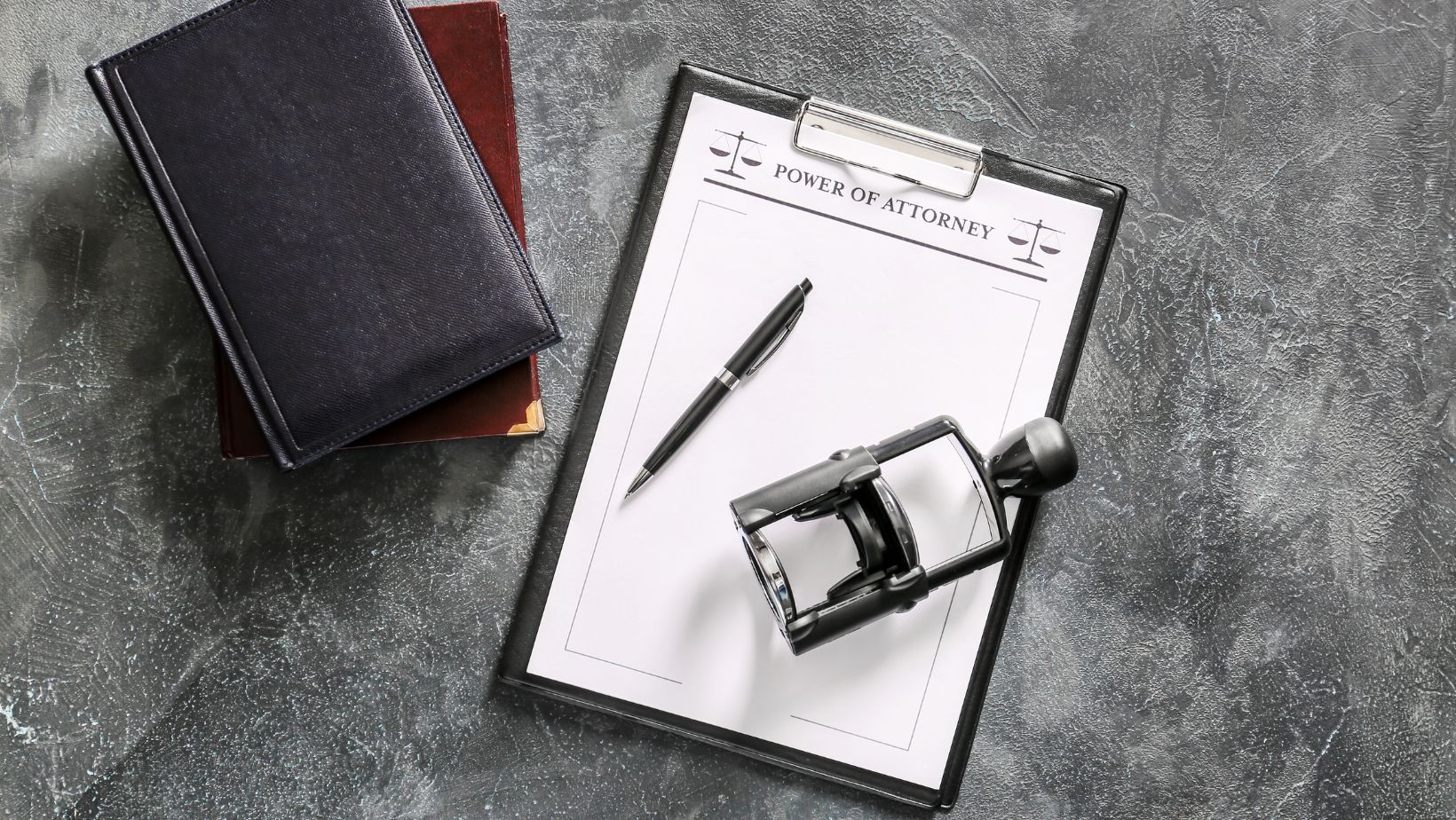When it comes to notarizing documents for family members, it is important to understand the potential conflicts of interest that may arise. As a notary public, my primary duty is to act as an impartial witness to the signing of legal documents. However, notarizing documents for immediate family members can create a perception of bias or favoritism. In this article, I will delve into the ethical considerations and legal restrictions that may apply when notarizing documents for a sister or any other family member.
While the rules and regulations regarding notarizing documents for family members can vary from state to state, there are generally accepted guidelines that notaries must adhere to. In this article, I will explore the common restrictions and exceptions that apply when notarizing documents for a sister. By understanding these guidelines, you can ensure that your notarization process is both legally valid and ethically sound. So, can I notarize for my sister? Let’s find out.
What is Notarization?
Notarization is a process that involves the official certification and verification of documents by a notary public. It adds a layer of authenticity and credibility to various legal, financial, and personal documents. The purpose of notarization is to ensure the validity and integrity of the documents, as well as to deter fraud and protect the interests of all parties involved.
As a notary public, I often get questions like “Can I notarize for my sister?” This is a valid concern, as notarizing documents for family members can raise ethical considerations and potential conflicts of interest. While the rules and regulations surrounding notarizing for family members can vary from state to state, it’s important to understand the general guidelines that apply to maintain the integrity of the notarization process.
When it comes to notarizing for a sister or any other family member, it’s essential to consider the following:
- Impartiality: As a notary public, it’s crucial to remain impartial. This means treating all signers equally and without bias, regardless of familial relationships. It’s important to approach every notarization with integrity and adhere to professional standards.
- Conflict of Interest: Notarizing for a family member can create the perception of a conflict of interest. To maintain the highest level of professionalism, it is generally recommended to avoid notarizing documents for immediate family members, such as siblings, parents, or children. This helps to preserve the impartiality and objectivity that are essential to the notarization process.
- Legal Restrictions: Some states have specific legal restrictions on notarizing for family members. It’s crucial to familiarize yourself with the laws and regulations in your jurisdiction to ensure compliance and avoid potential legal issues.
Overall, it’s advisable to seek an independent notary public when notarizing documents for family members to maintain the integrity and credibility of the notarization process. By following these guidelines, you can ensure that the notarization of documents for your sister or any other family member is both legally valid and ethically sound.

Can I Notarize For My Sister
As a notary public, one of the most common questions I receive is, “Can I notarize for my sister?” It’s only natural to want to help out a family member, especially when it comes to important documents. However, when it comes to notarizing for family members, there are several ethical considerations and legal restrictions that need to be taken into account.
1. Impartiality is Key
One of the fundamental principles of notarization is maintaining impartiality. As a notary, it is my responsibility to act as an impartial witness and ensure that the signer of the document is willingly and knowingly entering into the agreement. When notarizing for a family member, it can be challenging to maintain that impartiality and avoid conflicts of interest. It’s vital to remember that notarizing for a family member may compromise the integrity and credibility of the notarial act.
2. Legal Restrictions
In some jurisdictions, there are specific legal restrictions regarding notarizing for family members. These restrictions aim to prevent fraud, undue influence, and coercion within a familial context. For instance, some states prohibit notarizing documents that directly benefit the notary or their immediate family members. Violating these restrictions can result in severe penalties, including the revocation of notary commission and potential legal consequences.
3. Seeking an Independent Notary
To ensure the integrity and legality of the notarization process, it’s advisable to seek an independent notary public when notarizing documents for family members. By engaging a neutral third-party notary, you can have peace of mind knowing that the notarial act is conducted with the utmost professionalism, adherence to ethical standards, and compliance with legal requirements.
While the desire to help a family member is understandable, notarizing documents for them can give rise to ethical considerations and conflicts of interest. To maintain impartiality, avoid legal pitfalls, and ensure the credibility of the notarial act, it is advisable to seek an independent notary public when notarizing for family members. By doing so, you can ensure that your sister’s documents are properly notarized while upholding the integrity of the notarial process.





